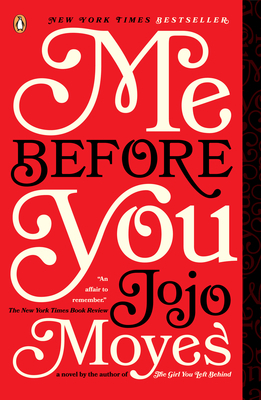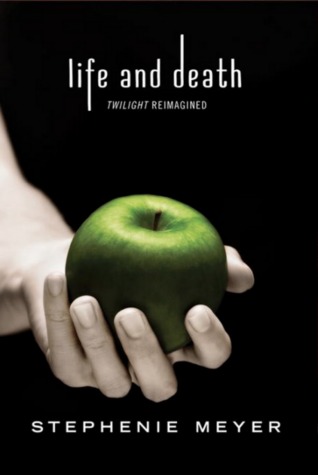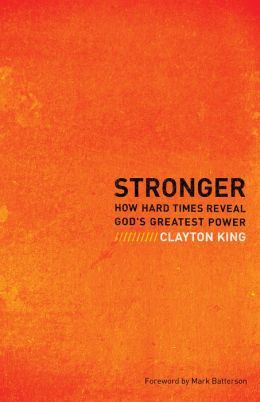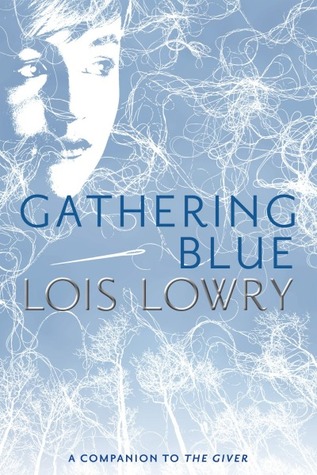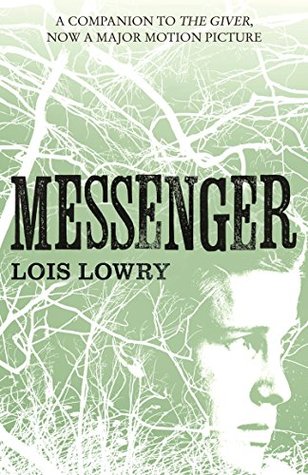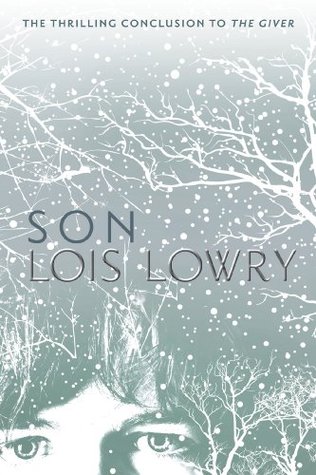Louisa Clark is an ordinary girl living an exceedingly ordinary life—steady boyfriend, close family—who has never been farther afield than their tiny village. She takes a badly needed job working for ex-Master of the Universe Will Traynor, who is wheelchair-bound after an accident. Will has always lived a huge life—big deals, extreme sports, worldwide travel—and now he’s pretty sure he cannot live the way he is.
Will is acerbic, moody, bossy—but Lou refuses to treat him with kid gloves, and soon his happiness means more to her than she expected. When she learns that Will has shocking plans of his own, she sets out to show him that life is still worth living.
A love story for this generation, Me Before You brings to life two people who couldn’t have less in common—a heartbreakingly romantic novel that asks, What do you do when making the person you love happy also means breaking your own heart?
I liked Louisa’s character a lot. I found her to be charming and funny, and her personality is infectious. She is a surprisingly dynamic character who is easy to relate to and who you can't help but root for. The narrative is largely told from her perspective, but it does switch to other characters periodically. The author is British, so the narrative has that dry, self-deprecating humor and quite a few slang terms that I had to look up.
This story is much more than a traditional love story. It is a story that acknowledges love’s many facets and explores what it means to truly love someone through several different “love” relationships, not just Louisa and Will’s story.
Will is acerbic, moody, bossy—but Lou refuses to treat him with kid gloves, and soon his happiness means more to her than she expected. When she learns that Will has shocking plans of his own, she sets out to show him that life is still worth living.
A love story for this generation, Me Before You brings to life two people who couldn’t have less in common—a heartbreakingly romantic novel that asks, What do you do when making the person you love happy also means breaking your own heart?
~~~~~~~~~~~~~~~~~~~~~~~~~~~~~
I came across this book on a list to books to read before they become movies, and after checking out the movie’s trailer, I decided to give it a go. It is an unconventional love story about a girl named Louisa, who falls in love with quadriplegic after becoming his care companion, only to discover that he has made plans to end his life at an assisted suicide facility in six months time. Louisa sets out to change Will’s mind and in the process, the two fall in love and Louisa finds herself.
This story is much more than a traditional love story. It is a story that acknowledges love’s many facets and explores what it means to truly love someone through several different “love” relationships, not just Louisa and Will’s story.
In the end, it wasn't quite the emotional tearjerker I was expecting, but it was still a good story and worth the read. I liked it enough that I'm still interested in seeing the movie, which is scheduled for release this summer and checking out the book’s sequel.
2016 Reading Challenge: A book that's becoming a movie this year
2016 Reading Challenge: A book that's becoming a movie this year
